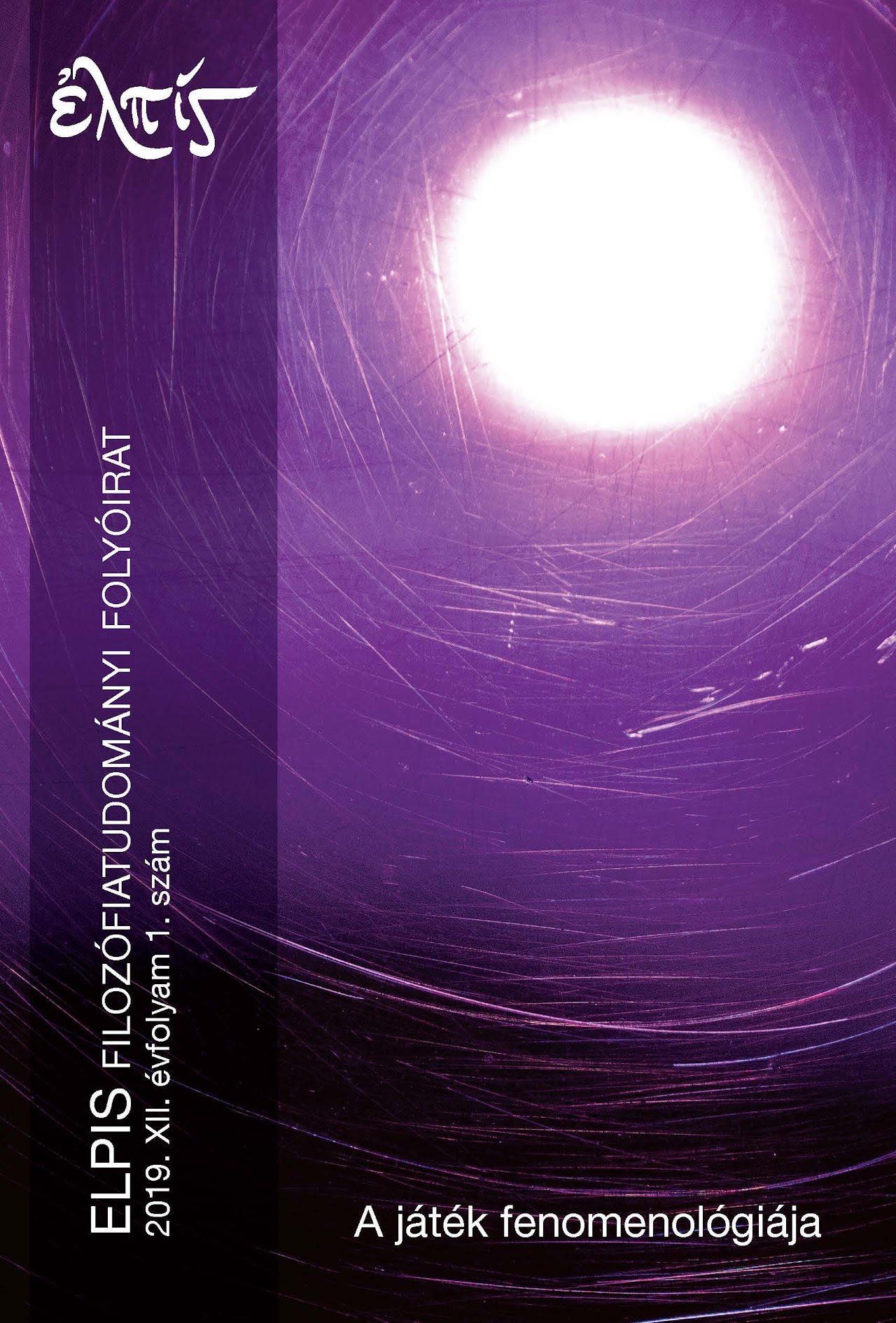On the Scope of the Concept of Play – Heidegger, Fink And Gadamer
DOI:
https://doi.org/10.54310/Elpis.2019.1.3Keywords:
Phenomenology, Play, Heidegger, Fink, GadamerAbstract
1960 was a peculiar year for German phenomenology: two of the most important members of the tradition, Eugen Fink and Hans-Georg Gadamer, published their chef-d’œuvres this year. Both of these books give a special emphasis to the philosophical significance of the concept of “play”. Remarkably enough, neither Fink nor Gadamer refers to this concept as a primarily anthropological or cultural one, but they approach it from an ontological-cosmological angle. Even if there are non-negligible similarities between the two endeavors, their differences are just as evident for a closer reading. The aim of the article is to give a faithful interpretation of these phenomenological theories of playing without turning a blind eye to the fact, that with the time these thoughts themselves have gone through considerable changes. Comparing the pertaining works of the two philosophers shows us how different their theoretical motivations are, and to what kind of consequences these differences lead.




